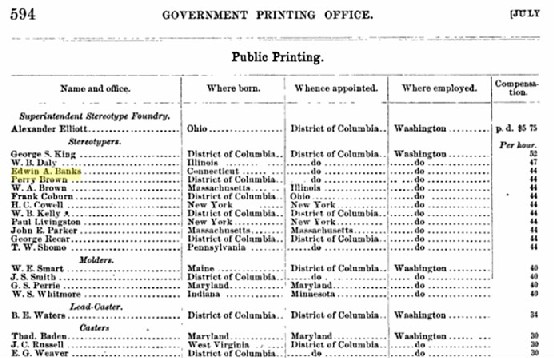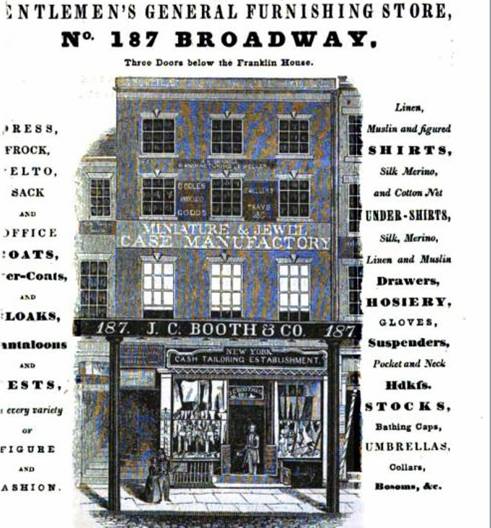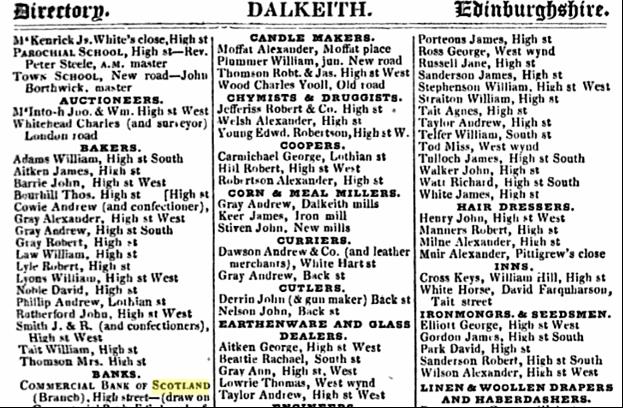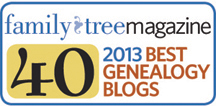Spelling and Genealogy
Spelling doesn’t count in geneaology, genology, geanology, geaneology, geneolgy, genelogy or is it geniology? Wait the correct spelling is genealogy, but who’s really paying attention. I’ve seen the word genealogy misspelled as geneaology, genology, geanology, geaneology, geneolgy, geniology and genelogy. I’ve misspelled the word once or twice in prior blog postings of mine. Kudos to those of you who can find a misspelling or two posted on one of my prior blogs.
Anyone who’s been doing genealogy research for any length or time knows that the spelling of ones name doesn’t count. I’ve found so many names misspelled, indexed under the wrong name and completely garbled that I could write a whole blog about the worst ones I’ve encountered. What can one do to find an ancestor’s record that can’t be found due to some misspelling?
There are many search engines out there were you can search for your ancestors such as Ancestry.com, Archives.com
, , Fold3
, OneGreatFamily
and Genealogy Bank
to name a few of them. But how do you find your ancestor if his/he name is mispelled? Luckily most of these popular search engines have an option to search by a soundex code. You may have to go into the advanced search settings to have that option available to you. Some may have an option to look for names with a similar meaning such as (Bill and William). If your ancestors name has a small misspelling that may be enough to find your ancestor.
That technique may work for you when you’re using a search engine which has that capability, but what do you do when you’re using a search engine such as Google or Bing. It would also apply if your ancestors name is so badly garbled that the name is unrecognizable and you couldn’t find them using the soundex or advanced search techniques.
What seemed to have worked for me on occasion is to keep track of every spelling of both a first name and the surname of an individual. I’ve seen my ancestor John Douglas Laurie last named spelled as (Laurie, Lowrie, Lawrie, Lowry and Lourie). John has been spelled as (John, Jon, Jo). If you’re using something like Google you may need to try various combinations of both the 1st name and the last name. This can be quite a number of combinations to try. For my John Laurie and all the combinations that would make 18 different combinations to try.
While some search engines require a last name, many do not. I’ve had a lot of success doing just first name searches for census records using just the first name combined with a bunch of other criteria. The criteria could include native of Ireland, from a particular town and birth year around a certain year. When the results display if your ancestor has a last name of “Banks” and you see someone with a last name of “Harts”. don’t dismiss it. It’s a five letter last name wiyh two letters matching your ancestors name. I’ve found many a time the 1st letter of the last name is wrong in the index.
Sometimes with census records from a small town or city, I’ve been able to find a record without entering any name at all. You could look for all of the people born in Italy from Southbury, CT for instance.
Another thing to pay attention to when looking at your ancestors name is to learn about it’s meaning and any alterntate forms of that name. My Fox family in Ireland sometimes shows up in records as McShanahy, which from my understanding means Fox. You must also pay attention and learn about any nicknames and/or abbreviations. For example you might find a Mary called Mollie, Molly or Polly. You might also find a Richard called Dick, Rick or Richy.
They key to overcoming a name that might be misspelled is to keep searching. Just because your ancestor might be hiding behind a name which isn’t his or hers, you may be able to find that record you’re looking for it with a little persistance.




